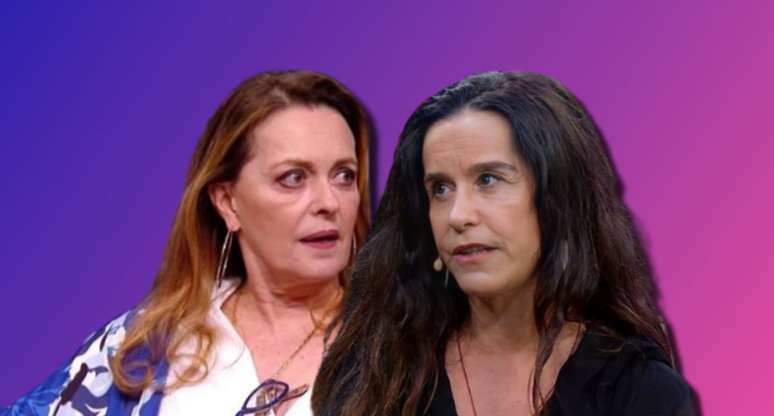Maria Zilda Bethlem and Lucélia Santos break the silence adopted by actors who fear losing opportunities if they criticize the channel
The 72-year-old veteran is among a small group of actors who have had the courage to ask television channels – especially Globo, the country’s largest audiovisual producer – to review their policy on paying image rights for reruns and sales of serious soap operas abroad.
He also criticized the broadcaster for taping soap operas during the Covid-19 pandemic, for its conduct in handling reports of sexual harassment behind the scenes and for firing most of its top performers.
Celebrating 50 years on television, Maria Zilda has been away from the network since 2016, when she participated in ‘Êta Mundo Bom’ at 18:00. In interviews and in “lives” she has declared herself disappointed by the way in which television fiction began to be made. She feels that the actor’s work has been undervalued.
Even if I were disappointed, I would return to my old home. “I tell the casting producers: you can call me to work, I still want to,” he warned ‘Papagaio Falante’. For now, no invitation from the broadcaster.
Another strong voice against the low remuneration for the use of images is that of Lucélia Santos. “I have never received 1 cent for my work and my advertising abroad. Only ‘A Escrava Isaura’ and ‘Sinhá Moça’ are two (of the soap operas) that have sold more (to channels in other countries)”, she complained in the podcast ‘Embrulha sem Roteiro’.
“I have never received a cent. They keep selling. If you go anywhere in the world, ‘A Escrava Isaura’ will be there.” The white slave plot, dedicated to the liberation of black slaves, dates back to 1976. It became the biggest hit in Globo’s history.
The actress understands that she should be paid for the magazine, even though it predates the regulation of the acting profession in Brazil, established by Law 6.533 of May 24, 1978. “The right to one’s image is inalienable,” she argues.
Lucélia argues that the rights of actors and authors are reflected in the regulation of payments to musicians and composers, who are generally paid for each musical performance on the radio, on TV, on the Internet and during events. She suggests taking advantage of the moment of discussion in Congress on the regulation of streaming services to debate this old need of the artistic class.
Citing the strong political mobilization of actors in the United States, he laments the lack of unity among his Brazilian colleagues. “Our problem is the labor market. If you say that here, you will be unemployed. How many years have you not seen me do a soap opera?” he says. “There is really no invitation. This word cancellation is new, but the action of canceling is old.”
A star of Globo in the 70s and 80s, Lucélia has been away from the channel’s television fiction for 23 years. Her last regular was Dr. Jackeline in the eighth season of the extinct youth series “Malhação”.
“If you want to keep your job, shut up. This is demagogy, hypocrisy, but it’s the reality we have today. But I’m that kind of person, I think it’s my astrological chart, I’ve never been there. I’m fearless,” explains the 67-year-old Taurus. “I fight, I talk, I debate.”
Recently, Mateus Solano, Tuca Andrada, Sergio Marone and Nívea Stelmann have also spoken out about the low remuneration given to actors for re-airing soap operas. It is known that some artists have gone to court to receive sums for reruns.
Source: Terra
I am Amanda Gans, a motivated and ambitious professional in the news writing industry. With over five years of experience in this field, I have developed an eye for detail and an ability to craft stories that captivate readers. I currently write for Gossipify, where I specialize in beauty & celebrities news. My passion lies with exploring the world of beauty through writing, interviewing experts and developing articles that are both informative and entertaining.
You may also like
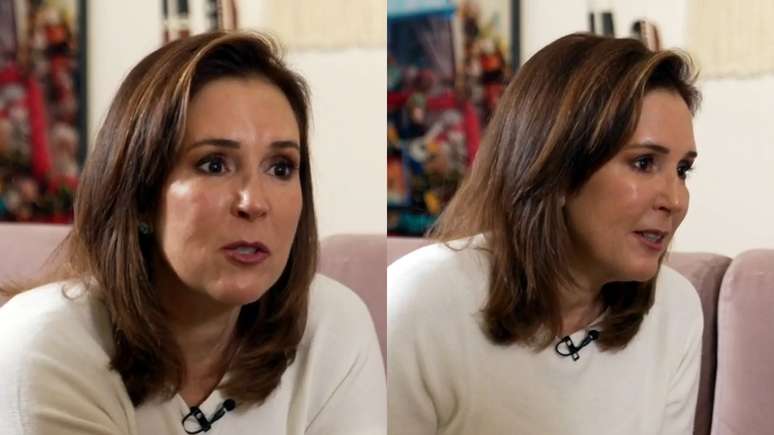
Renata Capucci exhibits suffering remembering the loss of her son: “It’s a devastating mourning”
The journalist Renata Capucci took in an interview with Tati Machado for Fantástico and recalls

Learn who is the famous underlined how the pin of the separation of Carlinhos Maia
Famous indicates the pivot of the end of the marriage of the influencers Carlinhos Maia
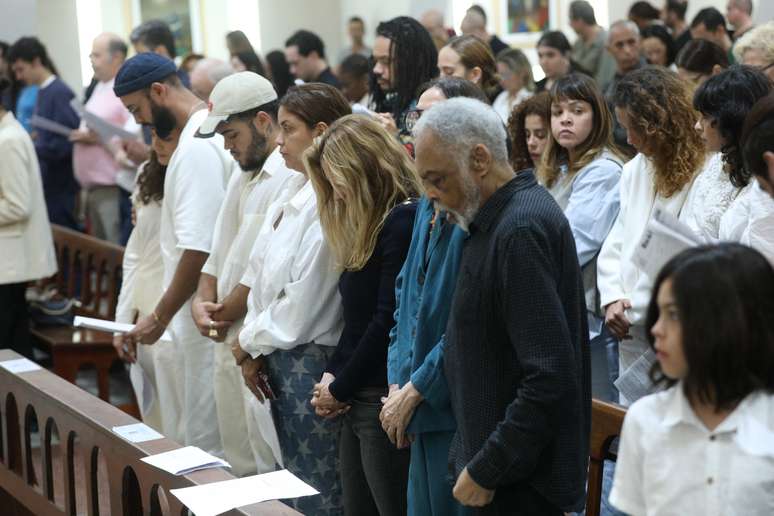
Preta Gil Mess happens in the same church where there was a son of celebration of Gilberto Gil killed in the 90s
The solemnity took place on the night of Monday 28, was open to the public
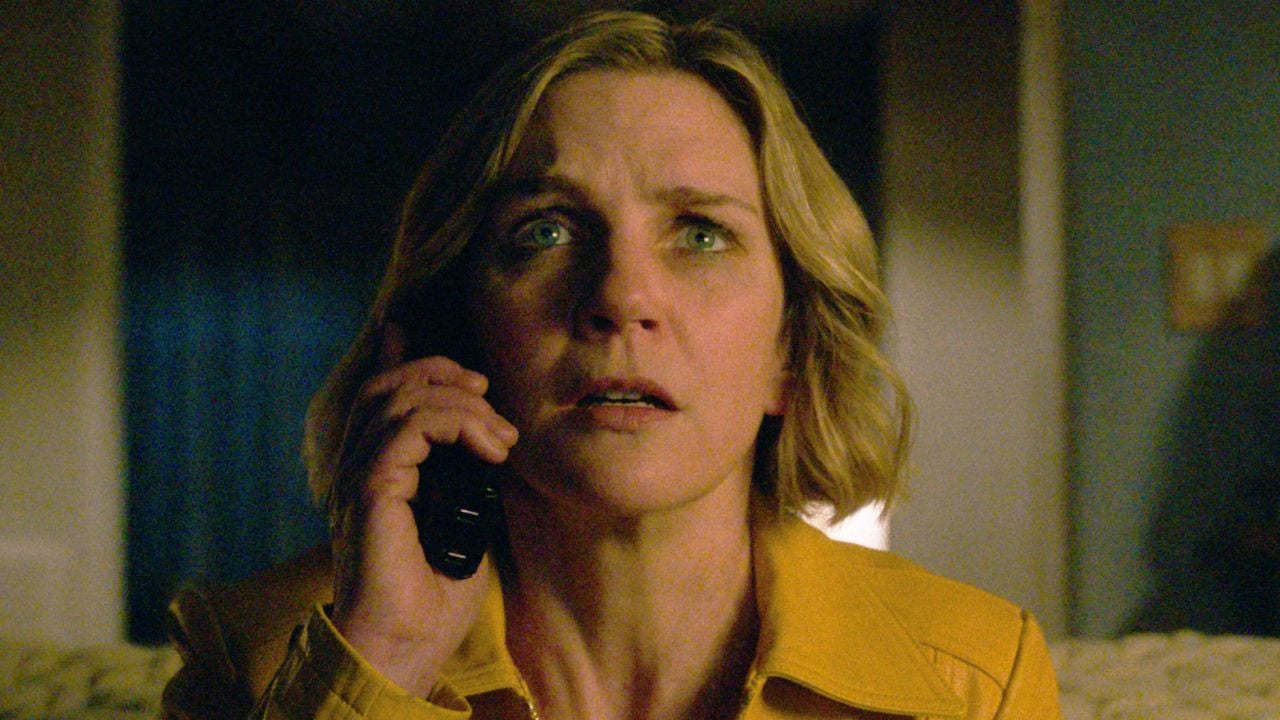
First Pictures: Breaking Bad Creator is back with a science fiction series and we are already looking forward to!
He is one of the creators who mentioned the whole generation. With Breaking Bad Solo,
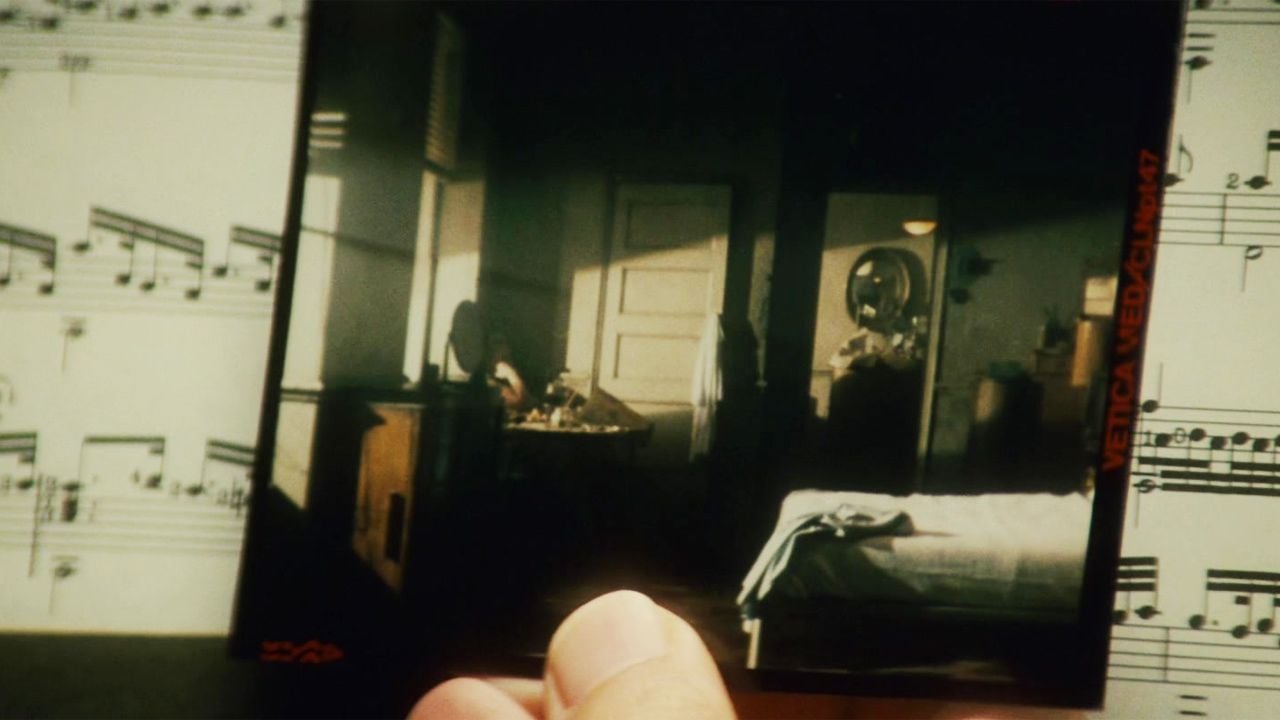
This is one of the most beautiful music in science fiction history: 43 years later, it is still as hypnotic
Only three years after a foreigner, Ridley Scott still reinforces science fiction landscape by adapting

Ex husband of Preta Gil, is Rodrigo Godoy right to inheritance? After the singer’s death, an expert lawyer explains: “In his case, the divorce was …”
Preta Gil died at 50, a week ago, leaving the artistic universe of mourning. After

Renata Capucci exhibits suffering remembering the loss of her son: “It’s a devastating mourning”
The journalist Renata Capucci took in an interview with Tati Machado for Fantástico and recalls

